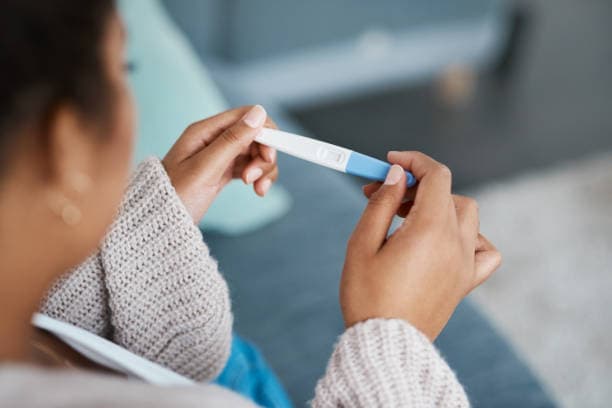
Finding the Right Time: What is the Best Age to Start IVF?
19 Apr, 2024
 Healthtrip Team
Healthtrip TeamIf you're navigating the complex journey of starting a family through in vitro fertilization (IVF), you might be wondering about the best age to embark on this path. The interaction between the age of IVF and your peak fertility years for women is pivotal. Insights from studies like "Realizing a desired family size: when should couples start?" and resources such as the Advanced Fertility Center of Chicago underscore the significance of timing in achieving successful outcomes. Understanding the intersection of your biological clock with cutting-edge fertility treatments could be the key to realizing your family dreams.
Reflecting on the optimal age range for IVF success invites a closer examination of various factors influencing outcomes. It's not solely about your age; it's about when your personal circumstances align with medical advancements to offer the best chance of success. This article will delve into the factors beyond age that affect IVF success rates, including lifestyle and fertility health. Whether you're in your peak fertility years or considering IVF later, understanding the broader landscape can guide you toward making an informed decision.
Transform Your Beauty, Boost Your Confidence
Find the right cosmetic procedure for your needs.

We specialize in a wide range of cosmetic procedures

Understanding Fertility and Age
When considering the age of IVF and its correlation with peak fertility years for women, it's crucial to understand how fertility changes with age. Here's a concise overview:
Fertility Timeline:
Late Teens to Late 20s: A woman's peak reproductive years.
By Age 30: Fertility begins its decline, accelerating after mid-30s.
Age 35 and Beyond: IVF success rates start to decrease, with a notable decline after 35.
Most popular procedures in India
Atrial septal defect
Upto 80% off
90% Rated
Satisfactory
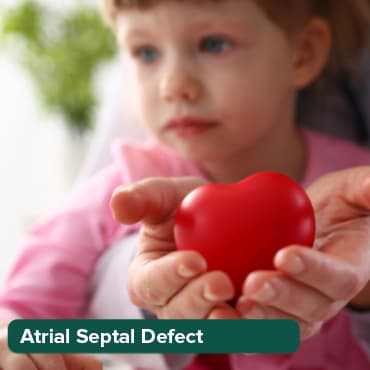
Coronary Angiogram a
Upto 80% off
90% Rated
Satisfactory

Coronary Angiogram C
Upto 80% off
90% Rated
Satisfactory
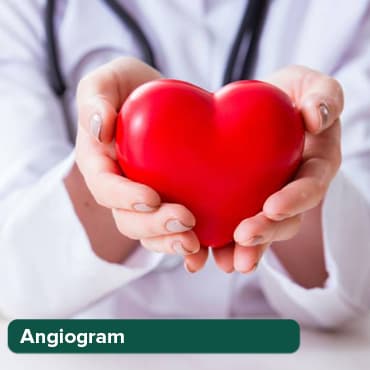
Liver Transplant
Upto 80% off
90% Rated
Satisfactory
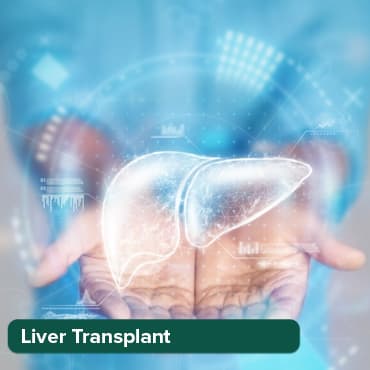
Total Hip Replacemen
Upto 80% off
90% Rated
Satisfactory
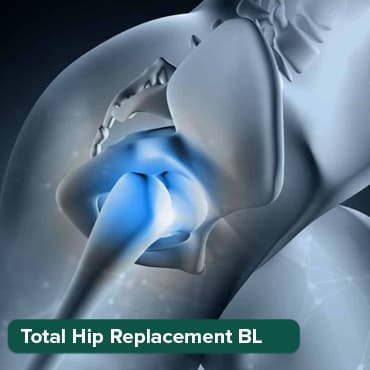
By Age 45: Natural pregnancy becomes increasingly unlikely.
IVF Success Rates:
Women under 30 have the highest IVF success rates.
Success rates diminish gradually for women in their mid-30s and more sharply after age 35.
Utilizing donor eggs from younger women might be considered for those over 40 to enhance success chances.
Considerations Beyond Age:
Ovarian Reserve: The quantity and quality of a woman's eggs diminish with age, impacting IVF success.
Male Factor: Men's fertility also declines, typically after age 40, affecting overall pregnancy chances and increasing risks of miscarriage and fetal health issues.
Health Risks: Older mothers face higher risks of pregnancy complications, including gestational diabetes and preeclampsia.
Understanding these aspects helps in making an informed decision about starting IVF, emphasizing the importance of individualized assessment and counseling based on age and other fertility factors.
Optimal Age Range for IVF Success
Understanding the optimal age for IVF success is crucial for planning your journey toward parenthood. Here's a breakdown of key age-related factors affecting IVF outcomes:
Egg Freezing:
Women in their twenties or early thirties can consider freezing their eggs for later use. This proactive step can be a game-changer for those who plan to pursue motherhood at a later stage.
Success Rates by Age Group:
Under 35: A 55.6% live birth rate via IVF, with a 41.4% success rate on the first embryo transfer.
Ages 35 to 37: A 40.8% live birth rate via IVF, with a 31.6% success rate on the first embryo transfer.
Ages 38 to 40: A 26.8% live birth rate via IVF, with a 22.3% success rate on the first embryo transfer.
Over 40: Approximately a 7% live birth rate via IVF, with significantly lower success rates for women over 42.
Considerations for Older Women:
After age 43, using donated eggs from younger women often becomes necessary for a successful pregnancy.
While the upper age limit for IVF in India is set at 50 years for women, it's important to note that success rates with donor eggs are between 70 to 80%, less impacted by the woman's age.
This information underscores the importance of considering both your age and the specific circumstances surrounding fertility when planning for IVF.
Factors Influencing IVF Success Besides Age
Beyond the age of IVF and peak fertility years for women, several factors play a crucial role in determining the success of IVF treatments. Understanding these can help you navigate your IVF journey more effectively:
Health and Medical Conditions:
Common Pregnancy Complications: Advanced age can increase the risk of gestational diabetes, preeclampsia, and cardiovascular issues.
Pre-existing Conditions: Conditions such as endometriosis, poor egg reserve, and low sperm counts necessitate timely IVF consideration.
Genetic and Biological Factors:
Mitochondrial Genome: Both male and female fertility can be impacted by mutations in the mitochondrial genome, affecting energy required post-fertilization.
Hormonal Profiles: Levels of FSH, estradiol, LH, and AMH are critical; abnormal levels can decrease IVF success.
Sperm Characteristics: Higher sperm motility and count increase the chances of pregnancy.
Lifestyle and External Factors:
BMI: Higher BMI is linked to lower pregnancy and live birth rates.
Psychological Factors: Stress and anxiety can lower pregnancy rates.
Lifestyle: A healthy lifestyle is crucial for creating a conducive environment for embryo development.
These factors emphasize the importance of a comprehensive approach to IVF, considering both internal health and external lifestyle choices.
When to Consider Starting IVF
Deciding when to embark on the IVF journey is a pivotal moment for many couples facing fertility challenges. Here are key considerations to help you determine the right time for starting IVF.
Duration of Trying to Conceive:
Couples under 35 should consider IVF after a year of unsuccessful attempts at natural conception.
For those over 35, the window shortens to six months due to declining fertility rates.
Medical Indications:
Irregular Menstrual Cycles and Hormonal Imbalances: Indicators of conditions like PCOS or thyroid issues that may require IVF.
History of Miscarriages: Two or more miscarriages suggest potential issues that IVF can address.
Physical Barriers: Blocked fallopian tubes, severe endometriosis, or male infertility factors such as a past vasectomy are clear signs to consider IVF.
Unsuccessful Insemination: If other fertility treatments have not resulted in pregnancy, IVF might be the next step.
Choosing the Right Clinic:
Research and select a clinic with a strong track record and experienced staff.
Consider the clinic's success rates, especially for your age group and specific fertility issues.
Understanding these factors can guide you toward making an informed decision on when to start IVF, aligning your personal, medical, and logistical considerations for the best chance of success.
Pros and Cons of IVF at Different Ages
In understanding the pros and cons of IVF at different ages, it's crucial to consider various factors that can influence the decision-making process. Here's a breakdown to guide you:
Younger Women (<35 years)
Pros:
Higher success rates due to better egg quality and quantity.
Option to freeze eggs for future use, offering flexibility.
Cons:
Possible delay in natural conception attempts.
Emotional and financial investment at an early stage.
Women aged 35-37
Pros:
Good IVF success rates, making it a viable option.
Egg freezing still an option for future planning.
Cons:
Beginning decline in fertility may pressure decision-making.
Increased consideration of donor eggs or alternative methods.
Women aged 38 and above
Pros:
Techniques like Natural Cycle IVF or Donor Eggs can offer hope.
Assisted Reproductive Technologies (ART) available for complex cases.
Cons:
Significantly lower success rates, especially after 40.
Higher likelihood of needing multiple IVF cycles or considering donor eggs.
This overview highlights the importance of age in IVF considerations but also underscores the individual nature of fertility journeys.
Conclusion
Through the exploration of factors influencing the success of in vitro fertilization, this article emphasized the critical intersection between age and fertility, presenting a nuanced understanding of when to ideally embark on IVF treatment. By delineating the shifting dynamics of fertility with age, alongside the implications of medical, lifestyle, and psychological factors, it aimed to furnish prospective parents with a comprehensive framework to navigate their IVF journey. Recognizing the optimal age for IVF, from egg freezing considerations for younger women to the particular challenges faced by those in their late 30s and beyond, underscores the importance of personalized strategies in fertility treatments.
In synthesizing these insights, it becomes evident that while timing plays a pivotal role, the decision when to start IVF is deeply personal and contingent on various factors beyond age alone. This culminates in the advocacy for individualized assessment and counseling, ensuring that each couple's unique circumstances and fertility concerns are holistically addressed. As such, concluding this exploration, prospective parents are encouraged to engage in thorough dialogue with fertility experts, aligning their desires for parenthood with clinical insights and advancements. In the ever-evolving landscape of reproductive technologies, embracing a tailored approach heralds not just informed decisions but heightened prospects for success on the IVF journey.
Wellness Treatment
Give yourself the time to relax
Lowest Prices Guaranteed!

Lowest Prices Guaranteed!





